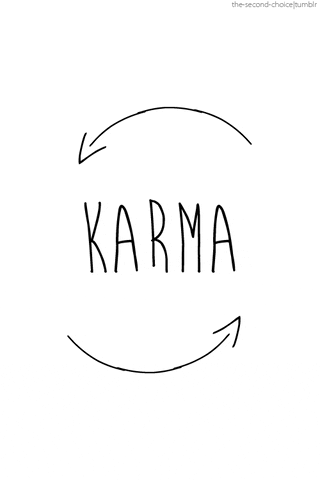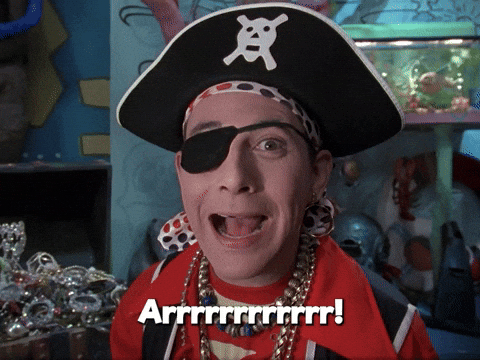Karma police
Plus, the psychology of water scarcity
BRAIN WAVES
Instant karma. If you believe in karma — the idea that our actions are rewarded or punished by an unseen, outside force— you might be biased about how and when that karma applies. In a series of experiments, researchers asked over 2,000 people across the U.S., India, and Singapore about their beliefs and experiences with karma. In one study, people who believed in karma were asked to recall personal “karmic experiences.” Specifically, the writing prompt asked them to “write a brief description of an event in your own life that has been caused by karma. Describe how your past actions created merit that shaped your later experiences, through the law of karma.” When writing about their own lives, they tended to highlight positive karma, but when writing about others, they focused more on negative ones. “Thinking about karma allows people to take personal credit and feel pride in good things that happen to them,” said study author Cindel White. “But it also allows people to see other people’s suffering as justified retribution." Hope that doesn’t lead to any bad karma.
The water problem. A new study used four techniques to look at how water scarcity might influence the way we think about time. In one field experiment, the study found that Iranians who lived in a water-scarce region sent more resumes for a long-term job posting, while those who lived in a water-rich area sent in more resumes for a short-term gig. In another experiment, when college students were prompted to think about water scarcity, they also reported less of a preference for indulgence. "And across the globe, World Values Survey data revealed the same pattern, even after accounting for wealth, temperature, and other factors," the study reported. So what gives? What is it about water scarcity that makes people less indulgent and more prone to think about the future? It might be a survival skill. The study concluded that "the cultural value that helped humans adapt to environmental threats of our long-term past might help us adapt to the world’s biggest environmental threat of the future."
Negotiate. When we head into a negotiation — whether we’re asking for a raise or trying to get our spouse to do the dishes — our focus is usually on getting the other person to agree to our preferred outcome. What we don’t focus on are our own biases and blind spots. Listen to learn more.
HIDDEN BRAIN ON TOUR!
Did you miss the news? For the first time in our 10-year history, we’re bringing Hidden Brain to the stage! Join Shankar as he shares seven key insights he’s learned in the first decade of the show. Following two sold-out shows in San Francisco and Seattle, Shankar will be coming to Tampa/Clearwater, Ft. Lauderdale, Portland, Denver, Minneapolis, Chicago, Austin, Dallas, Boston, Toronto, Phoenix, Baltimore, Washington, D.C., and Los Angeles.
As newsletter subscribers, you get first crack at pre-sale tickets—and there’s still time. To see the tour schedule and purchase tickets, go to hiddenbrain.org/tour. The pre-sale password is BRAIN. The pre-sale runs until Friday, May 2nd, so be sure to claim your spot today. We can’t wait to see you there!
ON THE HIDDEN BRAIN PODCAST
Relationships 2.0: Keeping Love Alive: There’s no magic potion that can make someone adore you. But there are things you can do to promote a deep and enduring connection — and even feelings of passion — between yourself and your partner. In the final chapter of our Relationships 2.0 series, psychologist Arthur Aron shares some techniques for falling and staying in love.
ON THE MY UNSUNG HERO PODCAST
Vivian Curren’s Story: After Vivian's young son threw sand on another child at a park, she assumed she was about to be judged for poor parenting. Instead, she received words of admiration that continue to bolster her years later.
Don’t forget to send us the story of your unsung hero! Record a voice memo on your phone and email it to myunsunghero@hiddenbrain.org.
MIND GAMES
A hat and scarf cost a total of $1.10. The hat costs $1.00 more than the scarf. How much does the scarf cost?
LAST WEEK’S PUZZLE
You’ll find me in Mercury, Earth, Mars, Jupiter, Saturn and Uranus. But never Neptune, or Venus. What am I?
Answer: The letter “R”
A MOMENT OF JOY
Who knew you needed these paper airplane tutorials?
Have an idea for Hidden Brain? A story you want to share with us? Send an email to ideas@hiddenbrain.org. Listen to us on Spotify, Apple, Amazon Music or your favorite podcast platform.



